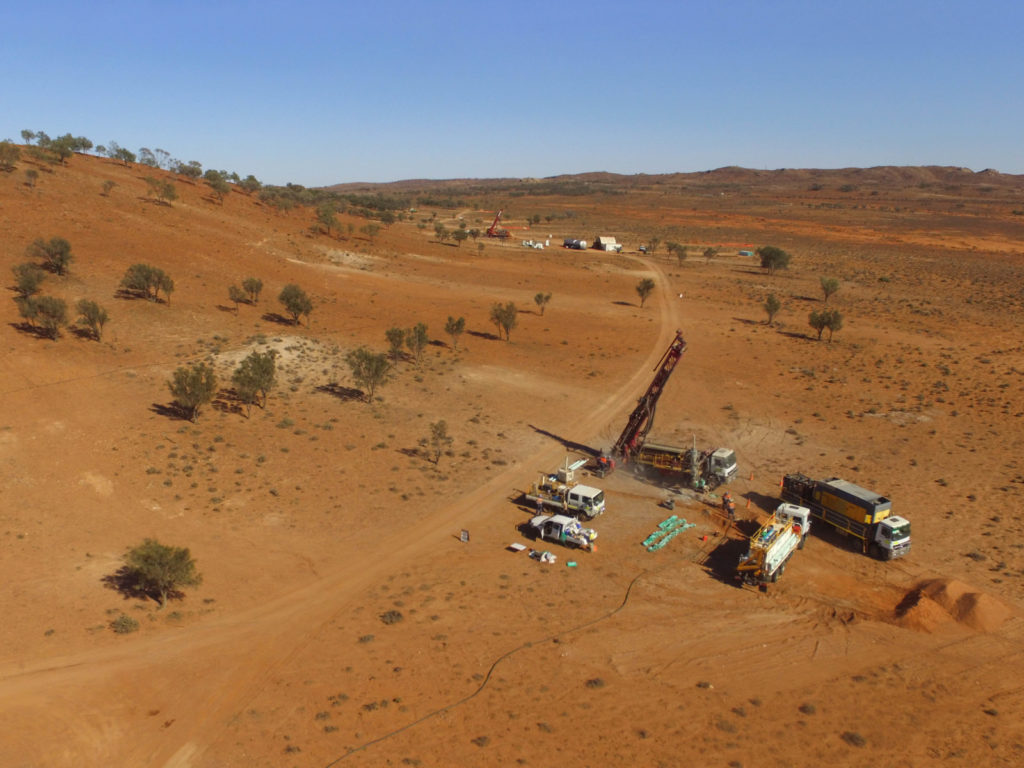
Australia on Friday approved A$50 million ($34 million) of grants to six critical minerals projects to accelerate the development of the sector as part of its efforts to reach net zero emission targets by 2050.
Australia, the world’s biggest producer of rare earths outside of China, has been pouring money into diversifying procurement of critical minerals amid souring relations between Western governments and Beijing.
“The grants will accelerate early and mid-stage projects, driving new investment in our processing and manufacturing capabilities as we develop our critical minerals sector,” Resources Minister Madeleine King said in a statement.
If the projects are successful in scaling up to full production, they will help diversify global critical minerals supply chains and ease Australia’s transition to low-emissions technology, King said.
Australia has vast reserves of critical minerals, including lithium and rare earths, which are used in satellites, lasers and electric-vehicle batteries.
They are essential to smart technology and clean energy but tricky to mine, process and market, which can make it difficult for developers to line up funding.
Friday’s move by the Labor government comes after A$2.5 billion in loans and funding commitments were announced by the former conservative coalition in the months leading up to the May federal election.
Alpha HPA Ltd, Cobalt Blue Holdings Ltd, EQ Resources Ltd, Global Advanced Metals Pty Ltd, Lava Blue and Mineral Commodities Ltd will receive the funds, King said.
Alpha HPA and Cobalt Blue will get about A$15 million each to set up an ultra-pure aluminum chemical plant and a cobalt project, respectively, which will produce material for batteries.
Projects by the other companies include a tantalum recovery plant, an electric battery grade graphite business and reactivating an open pit for tungsten mining.
($1 = 1.4925 Australian dollars)
(By Lewis Jackson and Renju Jose; Editing by Gerry Doyle)
Comments